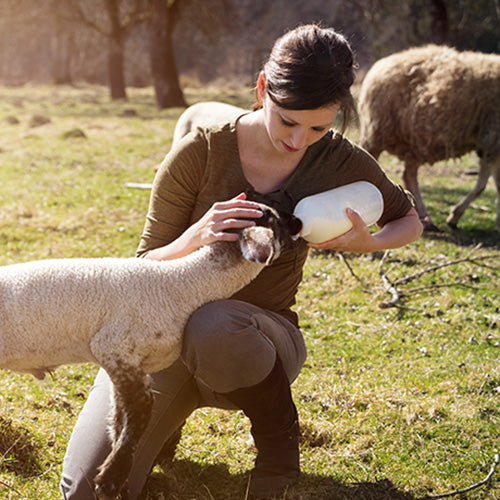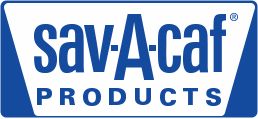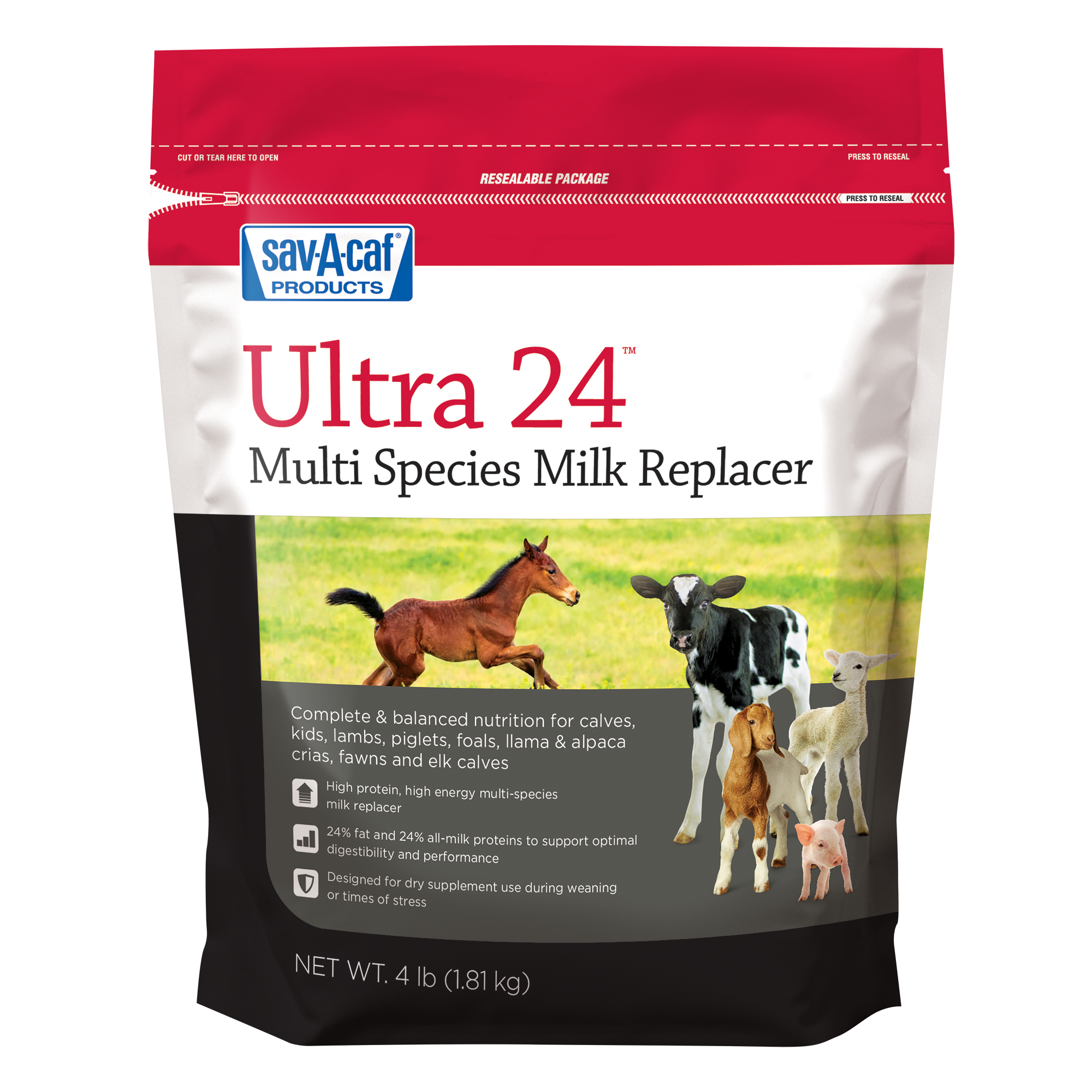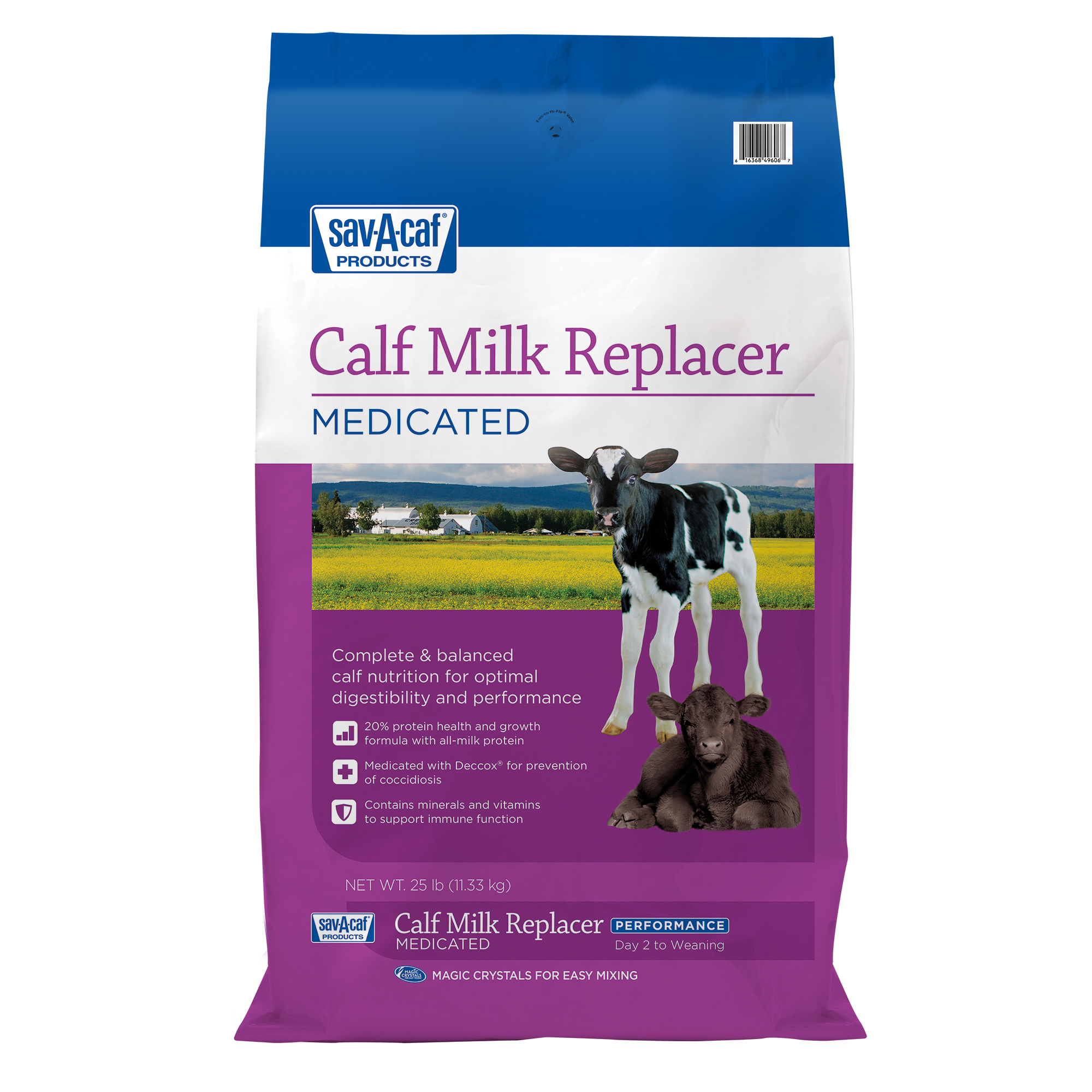
When To Use Colostrum and Milk Replacer
Preparing to welcome a newborn on the farm? Getting nutrition right from the start is one of the best ways to set your animal up for a healthy life.
Colostrum for the first 24 hours followed by milk through weaning is the proper nutritional path for newborn calves, goats, lambs, piglets, foals, crias, fawns and elk calves. How you ensure your newborns get those critical components is up to your farm’s capabilities and goals. However, there are certain situations where replacers or supplements are the right choice to make sure your young animals get the proper nutrition they need to grow healthy and strong.
What are those situations? How do you know if you need a replacer, or you just need to supplement? We’re here to help!
When to Use Colostrum Replacer
Situation: Newborn has limited or no access to quality maternal colostrum.
It’s an emergency situation when you do not have the proper amount of colostrum for a newborn animal. Why? Colostrum is the first milk its mother produces after giving birth and contains critical antibodies newborns need to battle everyday pathogens and develop properly.
You see, young animals are born with undeveloped immune systems, so they have little to no immunity against disease on their own. Instead, they receive immunity from their mother through colostrum until they can develop their own immune system. The ability to absorb and use the antibodies decreases steadily after birth, however, so it’s critical for the newborn to receive colostrum or colostrum replacer within the first few hours of life.
Products like Sav-A-Caf® Calf Colostrum Replacer 100 or Sav-A-Kid® Lamb & Kid Colostrum Replacer are formulated to provide all the antibodies and nutrients newborns need. You can feed these products in situations where the mother is not able to nurse or is not present and the young animal does not have any maternal colostrum available.
Since timely colostrum consumption is so important, it’s a good idea to have colostrum replacer on hand whenever you’re expecting newborns. You never know what could happen, and you only have a few hours to get the first feeding in your animal. If a newborn is not nursing within two hours of birth, you’ll need to step in and feed a colostrum replacer.
When To Use Colostrum Supplement
Situation: Maternal colostrum quality or quantity is not sufficient to meet newborn’s needs.
Just because the mother is present or nursing does not mean the newborn is getting all the nutrients and antibodies it needs. For example, a newborn calf should receive colostrum equal to 10% of its body weight within the first two hours of life. So, a 90-pound newborn calf should receive 4 quarts of colostrum, which weighs about 9 pounds.
While it would be great to measure and weigh the colostrum, you’re likely going to have to make an estimate and observe behavior to assess quantity. For example, if the mother’s mammary glands appear slack before the first nursing or the newborn switches teats frequently and cries out after eating, they may not be getting enough.
High-quality colostrum containing a large percentage of antibodies is usually thick and creamy, but its appearance alone should not be used to predict quality. A Brix refractometer or a hydrometer-based colostrum tester can help you quickly estimate colostrum quality.
If there is not enough maternal colostrum or it doesn’t pass quality tests, you can provide a formula like Sav-A-Caf Calf Colostrum Supplement or Multi-Species Colostrum Supplement.
When To Use Milk Replacer
Situation: Animals 24 hours old through weaning that are unable to nurse from the mother.
Milk replacer should never be fed immediately after birth as a substitute for colostrum. Instead, it should be fed after the animal has received its colostrum feedings and is at least 24 hours old.
Milk replacer is best for animals that are separated from or are not able to nurse from the mother. It can also be used in dairy animals like dairy goats and calves if you plan to market the cow or doe’s milk.
Look for a quality milk replacer and choose species-specific formulas when possible. Sav-A-Caf® offers a line of great options for calves as well as goat- and lamb-specific formulas. There is also a multi-species option that’s great for farms with multiple animal species, including foals, piglets and more.
Whether or not you plan to supplement or replace your animals’ early-life nutrition, it’s a good idea to keep colostrum and milk replacer products on hand. You never know what birthing and postpartum will bring! Discover more tips and stock up on high-quality replacers and supplements to prepare for your newborns’ arrival.



